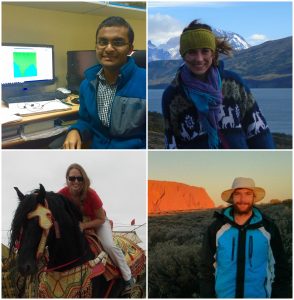
Clockwise from left: Shayak Sengupta, 2015-2016, India, Emily Yedinak, 2013-2014, Chile, Yuriy Veytskin, 2013-2014, Australia, and Gwyneth Talley, 2015-2015, Morocco
On-Campus interview season is coming up! This can be a nerve-wracking time for those of you applying to the Fulbright U.S. Student Program through your college or university. Try not to worry, though – the interview is a way to add a “face” to your Fulbright application and get helpful feedback.
You’ll hit submit on the Embark Online Application before your campus deadline, your on-campus Fulbright Program Adviser (FPA) will schedule an on-campus interview, and you will then have the chance to explain and defend your project. This interview is an additional element to your application when your campus committee rates and recommends you. After the interview, your FPA will re-open your application, allowing you to adjust it before the final national deadline. As Fulbright U.S. Student Alumni Ambassadors, we’ve been through this process before and have created a Q & A about campus interviews to help you prepare.
Meet the Fulbright U.S. Student Alumni Ambassadors:
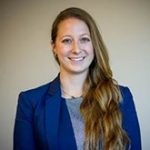 Gwyneth Talley was a 2015-2016 U.S. Fulbright Study/Research grant recipient to Morocco. She conducted doctoral research on women’s participation in the traditional male-dominated equestrian display tbourida at local festivals. She is currently a doctoral student at the University of California–Los Angeles. Gwyneth can be reached at gwyneth.talley@fulbrightmail.org or on Twitter at @WanderinGwyneth.
Gwyneth Talley was a 2015-2016 U.S. Fulbright Study/Research grant recipient to Morocco. She conducted doctoral research on women’s participation in the traditional male-dominated equestrian display tbourida at local festivals. She is currently a doctoral student at the University of California–Los Angeles. Gwyneth can be reached at gwyneth.talley@fulbrightmail.org or on Twitter at @WanderinGwyneth.
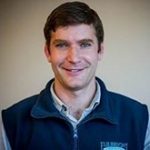 Yuriy Veytskin was the 2013-2014 Fulbright CSIRO Postgraduate Fellow to Australia. He conducted graduate research on the role of nanotechnology in unconventional resource extraction for shale. He is currently a postdoctoral researcher at Sandia National Laboratories in Albuquerque, New Mexico. Yuriy can be reached at y.veytskin.alumniambassador@fulbrightmail.org.
Yuriy Veytskin was the 2013-2014 Fulbright CSIRO Postgraduate Fellow to Australia. He conducted graduate research on the role of nanotechnology in unconventional resource extraction for shale. He is currently a postdoctoral researcher at Sandia National Laboratories in Albuquerque, New Mexico. Yuriy can be reached at y.veytskin.alumniambassador@fulbrightmail.org.
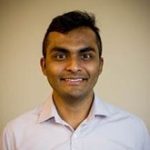 Shayak Sengupta was a 2015-2016 Fulbright-Nehru Student Research grant recipient to India. In India, he studied the impact of coal power on air pollution in the country and ways to reduce it in the context of India’s growing energy needs. He is currently a doctoral student in engineering and public policy at Carnegie Mellon University in Pittsburgh, Pennsylvania. Shayak can be reached at s.sengupta.alumniambassador@fulbrightmail.org.
Shayak Sengupta was a 2015-2016 Fulbright-Nehru Student Research grant recipient to India. In India, he studied the impact of coal power on air pollution in the country and ways to reduce it in the context of India’s growing energy needs. He is currently a doctoral student in engineering and public policy at Carnegie Mellon University in Pittsburgh, Pennsylvania. Shayak can be reached at s.sengupta.alumniambassador@fulbrightmail.org.
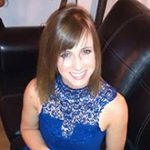 Emily Yedinak was a 2013-2014 U.S. Fulbright Study/Research grant recipient to Chile. Her project was focused on studying carbon nanotube and electroceramic composite materials for electrochemical sensors that could be used for enhanced detection of hydrogen peroxide, with potential applications in diabetes glucose sensors. She is currently a doctoral student at Rice University in Houston, working on scaling up growth of carbon nanotubes. Emily can be reached at eyedinak.alumniambassador@fulbrightmail.org.
Emily Yedinak was a 2013-2014 U.S. Fulbright Study/Research grant recipient to Chile. Her project was focused on studying carbon nanotube and electroceramic composite materials for electrochemical sensors that could be used for enhanced detection of hydrogen peroxide, with potential applications in diabetes glucose sensors. She is currently a doctoral student at Rice University in Houston, working on scaling up growth of carbon nanotubes. Emily can be reached at eyedinak.alumniambassador@fulbrightmail.org.
Q: How did you prepare for the on-campus interview?
Yuriy: The Fulbright Program Adviser at North Carolina State University sent out an email for what to expect and helpful suggestions. I was prepared but not over-prepared, and I didn’t script anything. I took time to review the contents of my application, particularly my essays, and was prepared to expand on anything I wrote; anything is fair game. I prepared to talk about how my graduate courses would help me with my research and why I’m the only one who would be uniquely qualified to conduct my own project that I was proposing. I did more research on my host country and was prepared to talk about current events there. I also prepared to emphasize how I would make direct engagement with the local community, which is important to indicate in lab-based projects.
Shayak: I prepared for my interview by knowing my research proposal in and out. While it’s impossible to anticipate every type of question, I made an effort to think about what kind questions the panel would ask me and what kind of holes they could find in my proposal. Thinking about these potential pitfalls helped me to answer questions. I also asked my undergraduate research adviser (who was also one of my reference letter writers and who read my application to provide feedback) to ask me tough questions that he would use to evaluate student research proposals.
Gwyneth: I prepped for the interview by printing out a copy of my application so that I could refer to various parts while the committee was asking me questions. I put some sticky notes in places where I had questions and reminders.
Q: What did you wear to the interview?
Gwyneth: I always dress for success. Because this is your only time to make an impression, I wore a business suit (skirt, dress blouse, blazer, and heels). By showing that you are taking this application seriously, you leave the committee with a professional image of yourself.
Yuriy: A suit but without the jacket. I wanted to show off my Australia-themed tie, which helped break the ice.
Shayak: Business casual or business dress is the best. Academics tend to dress casually, but it’s better to be overdressed than not dressed appropriately.
Emily: I dressed in business attire; I believe that for any interview, it is best to be overdressed because it shows that the interview matters and you are “going the extra mile.”
Q: Who conducted your interview, and how did you connect and communicate your project to them? Did you know any of them?
Gwyneth: My university committee was made up of three professors from different departments. I had a professor from the Classics Department, French Language and Literature, International Studies, and our on-campus FPA. I made sure I demonstrated my knowledge of my project in a way that would relate to their various departments. Since my project was about horses and horsemanship in Morocco, I expressed my appreciation for the first written horsemanship manual by Xenophon to the Classics professor. For the French professor, I was able to name some famous French writers and painters that wrote about seeing the horse practices in North Africa. You might not hit the mark with everyone on the committee, but if you can speak to the depth and breadth of your project to someone not specialized in your field, the closer you will be to the intention Fulbright’s statement of purpose, which is to describe your project as clearly as possible to reviewers.
Yuriy: My university committee was also made up of about four professors from a range of departments (humanities and sciences), along with the on-campus FPA who facilitated the interview. I did not know any of the committee members beforehand. Remember to try to enjoy the experience and speak passionately about your proposal: it will show during the interview. This is a singular opportunity for you to share your thoughts and aspirations with people who genuinely care about them and want to see you succeed, which was comforting for me to know and increased my confidence.
Shayak: My interview panel was composed of select faculty from a committee that also interviewed candidates for other competitive fellowships and scholarships. I don’t remember the exact individuals on the panel, but I remember one of them was a professor from whom I took two economics courses. Despite the classes being relatively large (50+ students), he remembered me from class. I also had a former research advisor (whose lab I left after my freshman year). I went to school with a small undergraduate population, so everyone knew each other directly or easily through a mutual contact. All of this being said, I recommend keeping in touch with former advisors, supervisors, and professors as you never know who will be on your campus committee. I had a 30-second elevator pitch ready to introduce not only my project but also my motivations behind my research questions and why I wanted to go to India. In my experience, though, I didn’t have to use it because the committee only asked detailed questions on select parts of my project.
Q: What was the hardest question you were asked?
Yuriy: The committee was concerned that I was working in a controversial area (shale, fracking), and that I hadn’t addressed this until they asked about it towards the end. They just wanted to know whether I was aware of the environmental concerns related to my project.
Emily: “Why Chile?” My school is unique in that it is a very small, private engineering-based school in the middle of the Midwest; we do not have a strong Fulbright history. When I received my award, I was the first person in fifteen years and the sixth student overall to be selected. Needless to say, I wasn’t entirely sure going into the interview of what to expect, what I should prepare for, and what the interview was for. (I remember being terrified at hitting the “submit” button on the online application before the interview because I was worried that it would go straight to Fulbright before it was ready.) So when my committee asked me “Why Chile?” I honestly did not have a very good answer ready, and it threw me off by its deceptive simplicity. I’d recommend anyone applying for Fulbright to have very clear reasons of why they are applying to the specific country they have chosen.
Shayak: The committee was very concerned about feasibility in the host country and why I needed to go to India to conduct the research. The bulk of my model was computational modeling, and I initially planned to use government contacts for input data to my model. The committee repeatedly questioned me on what I would do if those data collection efforts were not successful (i.e. someone saying “no” to me). I did not have a satisfactory answer to their question. After the interview I realized that I needed to rework my research proposal to incorporate primary data collection or interviews. Ultimately, this helped me out because I justified why I needed to be in-country to conduct my research. Even if a research topic is about a host country, many times there is no need to be physically present in the country. Moreover, I tied the data collection efforts I would undertake with people-to-people engagement. I ended up visiting coal power plants and talking to operating engineers. In my proposal, I explicitly described the engagement I would do with these visits.
Q: What is something you wish you would have done differently?
Shayak: I wish I realized the need for physical in-country presence and host country engagement when I was writing preliminary drafts of my essay. Having to rework my proposal a few weeks before the national deadline was stressful. That being said, after my Fulbright experience, I realized that engaging local communities (through your research and through other avenues) is just as important and impactful as your research proposal. While I appreciated my interview panel’s detailed and rigorous questioning about the exact mechanics of my project, I also did not receive any questions on what I knew about the host country or how I would engage with local communities.
Emily: Going through the process, I wish I had explored more of the resources available to me from the Fulbright Program directly. Since my school does not have a strong background in students applying/being accepted to the Fulbright Program, I was not aware of all the resources available to me (ambassadors, webinars, online tips, etc.). I would have also taken more advantage of asking the FPA at my school for more tips and expectations of the interview process. It wasn’t until becoming an alumni ambassador that I realized the interview was actually giving you a chance to improve your application! It seems silly now, but taking advantage of all the resources and learning as much as you can about the application process is the best way to produce the best application.
Q: What questions did you have prepared to ask the interview committee?
Gwyneth: My committee was very congenial, so I asked them what they thought was the weakest part of my application, and if they had any advice to bolster that aspect of my application.
Yuriy: I asked for their recommendations on how to polish my essays to engage more of the humanities folks.
Shayak: My interview panel did not give me a formal opportunity to ask them questions.
Final Thoughts
At the end of the interview, feel free to ask the committee if there is anything else they would like to add, just in case. Thank them all individually and shake their hands. Getting all their names and writing thank you notes is a good practice. Walk out with confidence and take what they said and apply it to the final revisions you make to your application. Good luck!

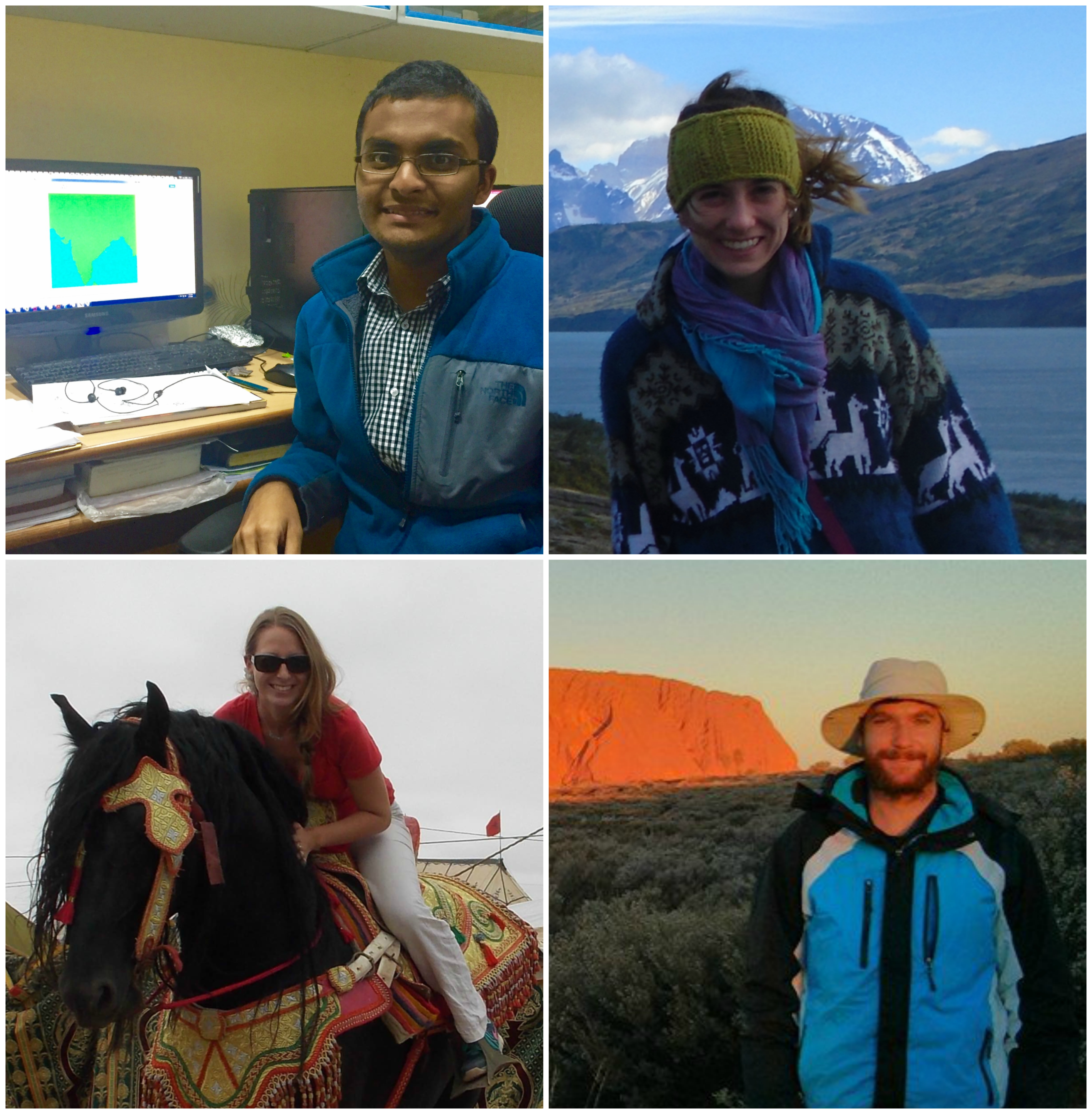
2 Comments
My name is Pritesh Chakraborty and I have applied for the FLTA programme 2018-19 and have been selected for the language proficiency test and interview. I wish somebody could tell me as to what to expect in the language test ( I have Hindi as a foreign language) and the interview? Please help!
Great tips !Thank You so much for sharing great tips. these tips are really very helpful for me. i am really impressed. please keep writing…